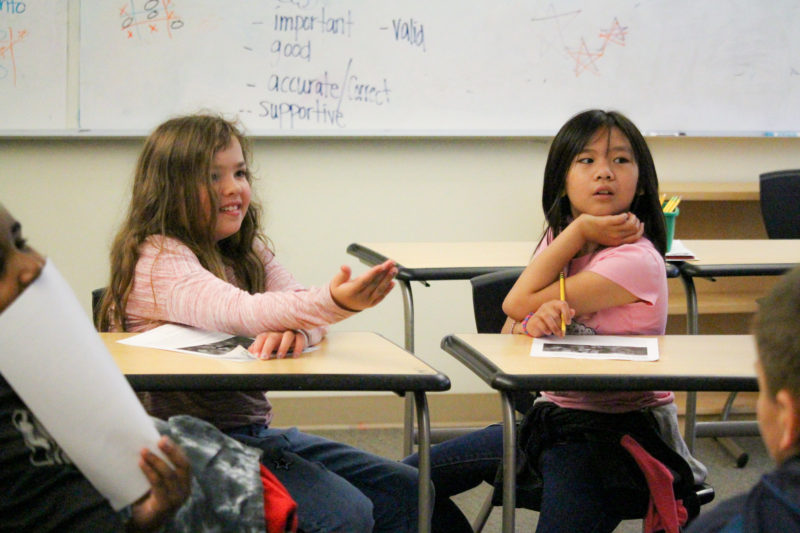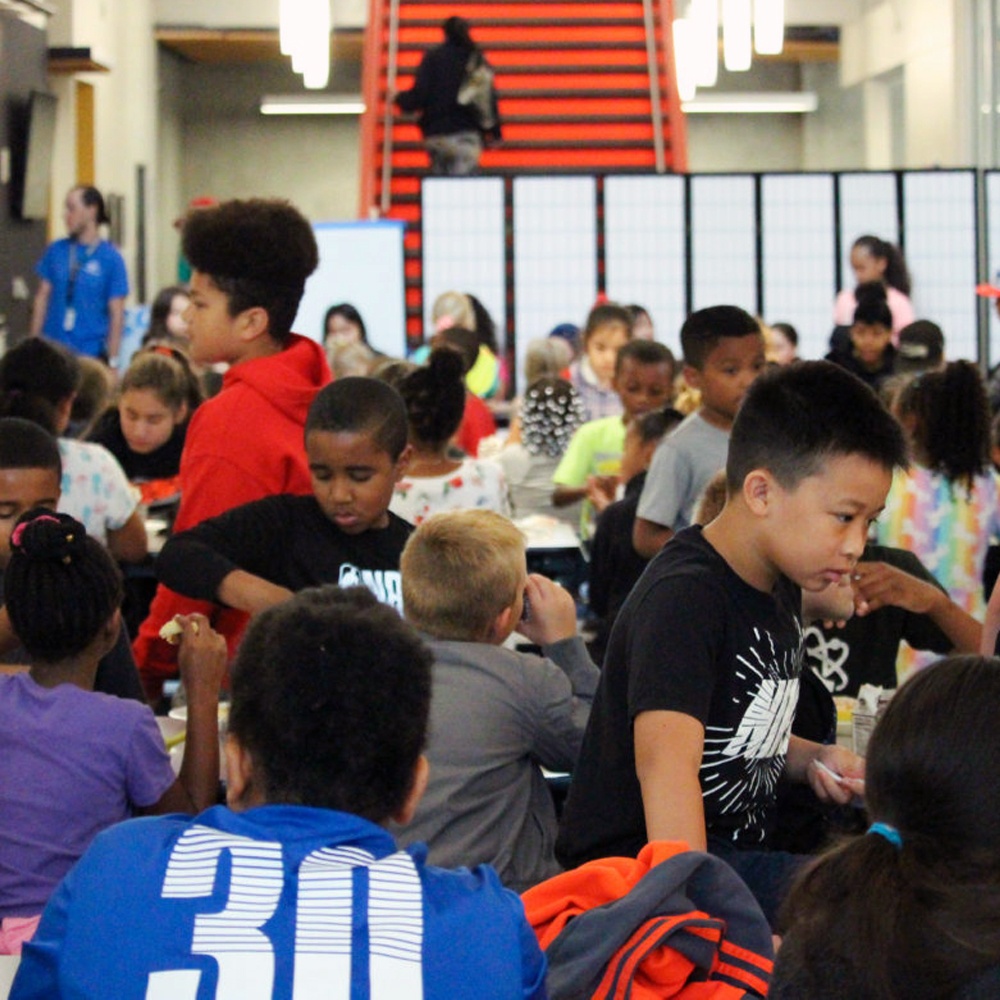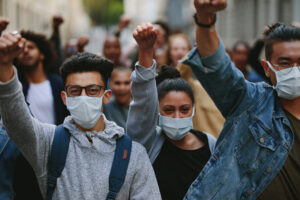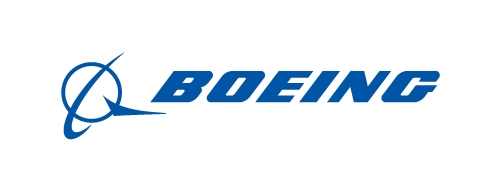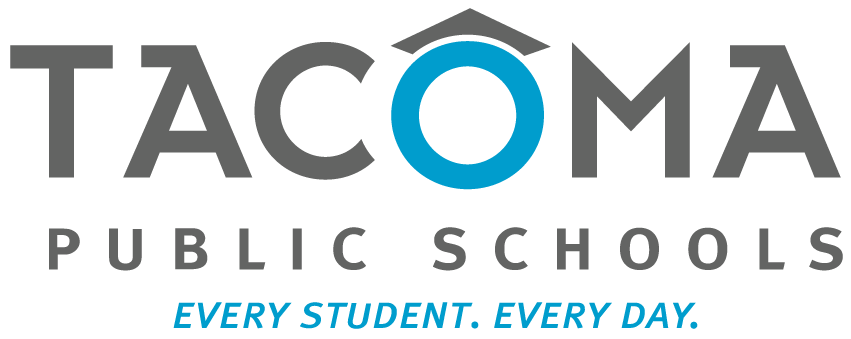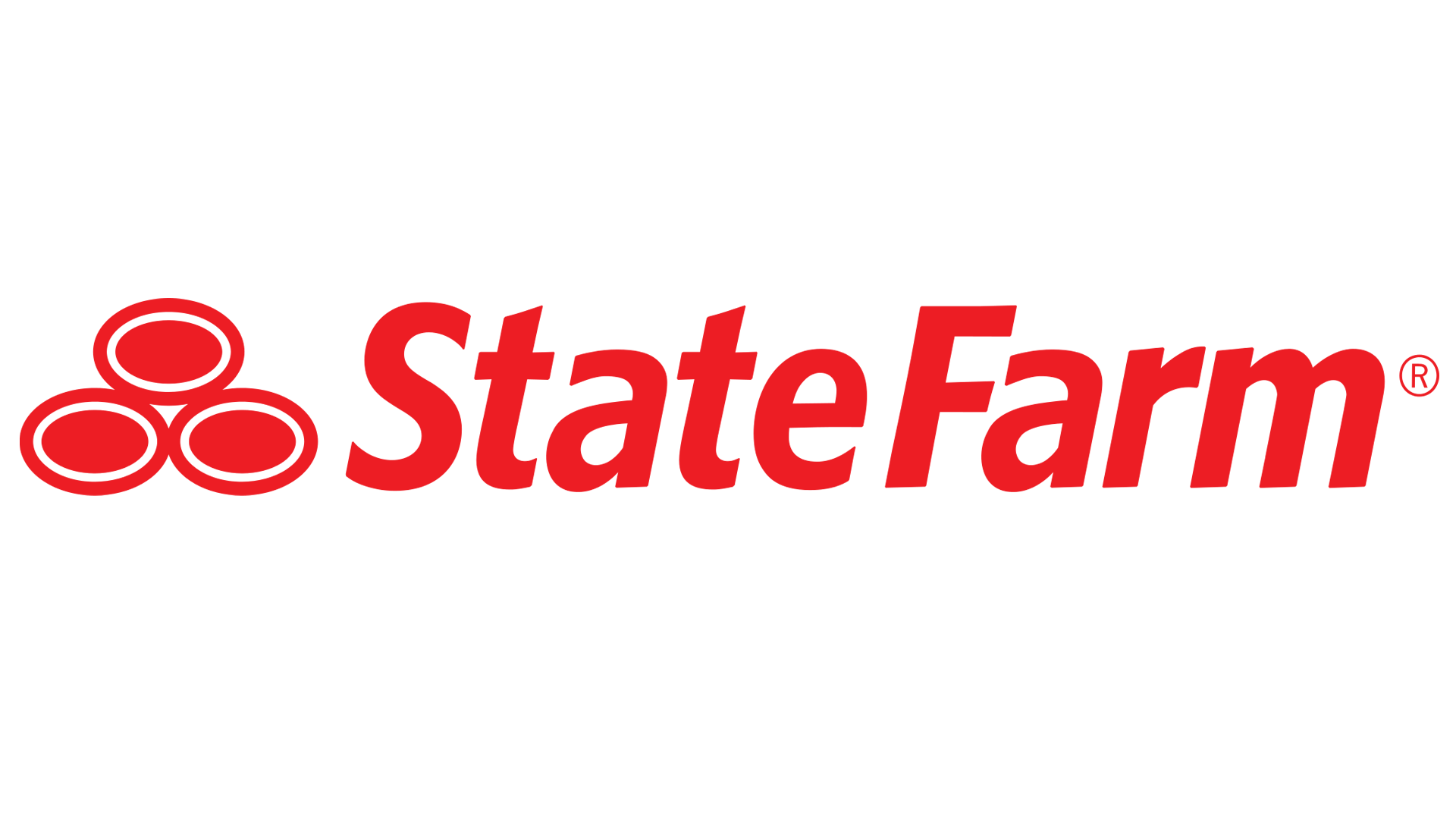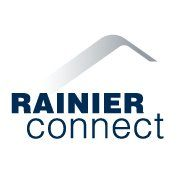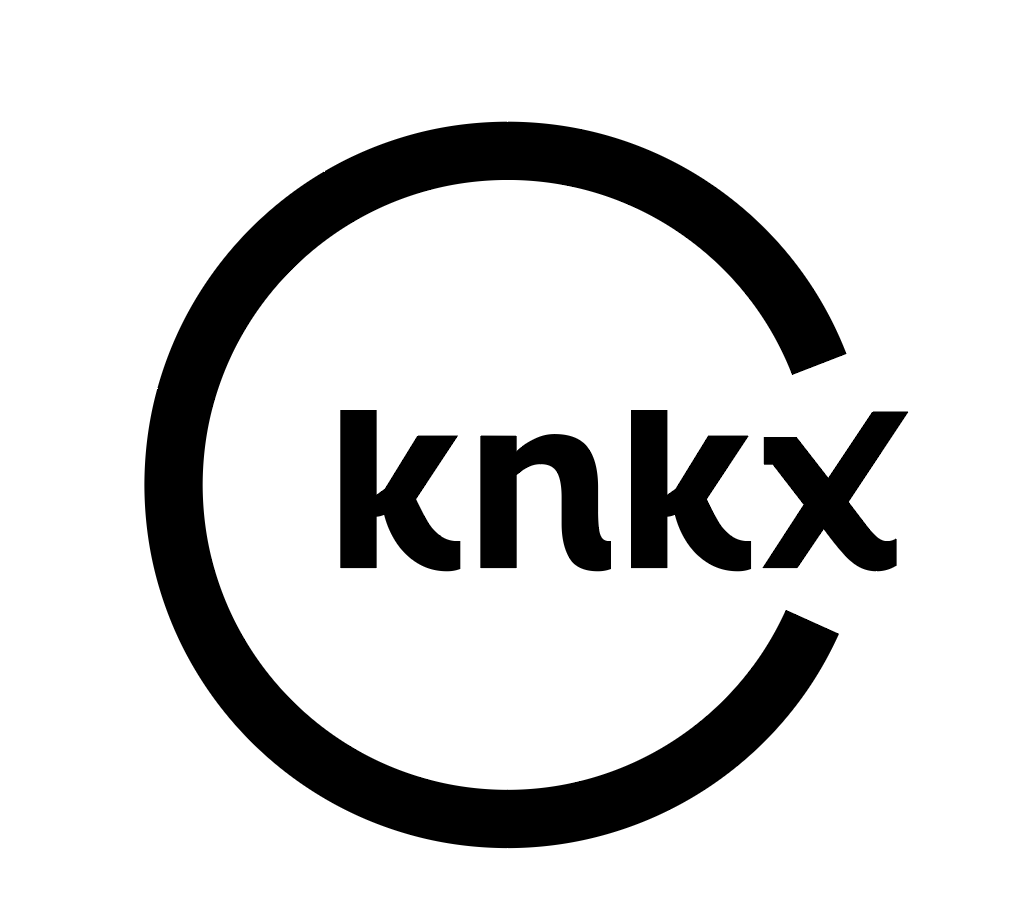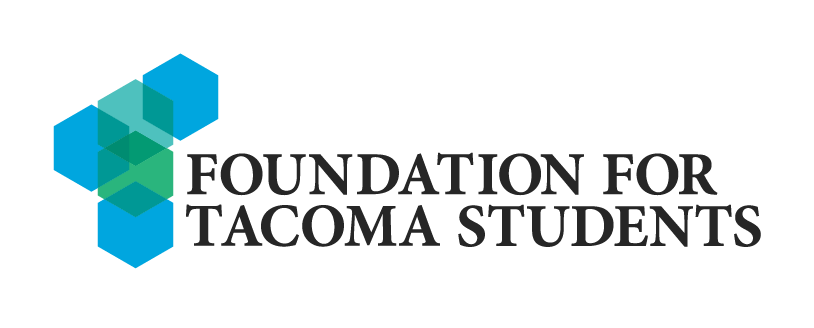Nine-year-old Abigail Mulholland is putting together the final touches of her PowerPoint Presentation on Jeepneys.
“They’re a type of transportation from the Philippines,” she explains. “They have been used since World War two!”
Abigail has spent the last month researching and preparing for the project, which she will present in front of her parents, classmates and their families as part of Ms. Odom’s summer curriculum at Camp Discovery. She is one of nearly 700 Tacoma elementary students participating in the five-week summer camp hosted in partnership with Tacoma Public Schools and the Boys & Girls Club of South Puget Sound.
There are nine Camp Discovery sites in Tacoma alone, all of which fall under the umbrella of Summer Boost, an innovative alternative to the traditional summer school model for students most at risk for summer slide.
Summer Boost targets third, fourth, and fifth graders who qualify for free/reduced lunches and are behind in literacy for their grade level. The program takes a “Whole Child” approach to prevent summer learning loss and closing the achievement gap by integrating social-emotional learning into summer literacy programs. The program runs for five of the 10 weeks of summer programming at the BGC for four hours a day. Participating students, like Abigail, are able to stay at the club the entire day and for the duration of summer.
“When you look at the kids participating in the program, it’s like they’re at the BGC summer camp and one of their rotations just so happens to be Summer Boost,” says Carrie Prudente Holden, President and CEO of the Boys & Girls Club of South Puget Sound.
“It feels like something they’re doing as part of the club. Changing the name and the environment removes the stigma of summer school and that made a difference.”
Holden approached TPS Superintendent Carla Santorno with the partnership idea in 2014 after attending a conference, which she says, cemented the fact that her organization needed to focus on summer learning loss.
“We have the kids who, oftentimes, are most at risk for summer learning loss with us all day,” Holden says. “We have an amazing staff, but our staff isn’t trained in literacy education. They aren’t curriculum experts.”
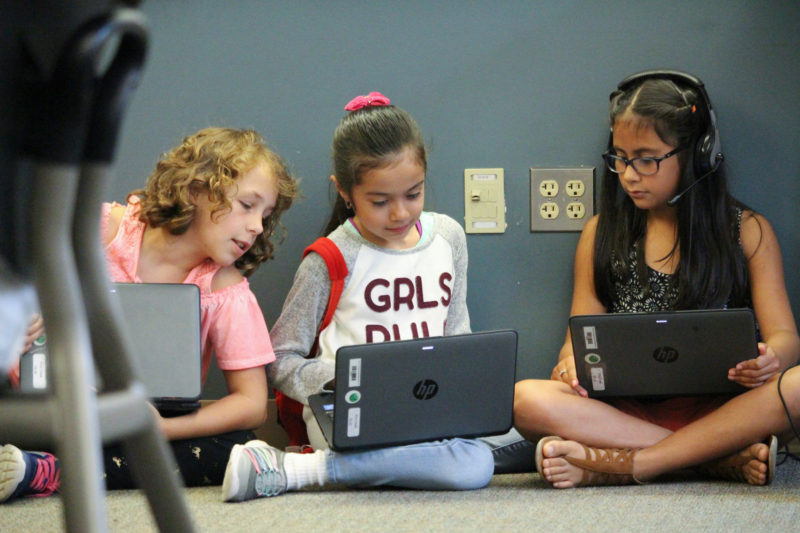
TPS agreed to provide certified teachers, curriculum, and resource materials while the BGC provides the space, meals, and additional enrichment programming. TPS compiles a pre- and post-assessment to evaluate the progress each student makes through the program. The results of these assessments are used annually when leadership meets with the TPS Board of Directors to make a case for funding this program.
The University of Washington-Tacoma’s Center for Strong Schools conducted evidence-based research in 2015 on the program to understand its potential for a positive impact. In the study, students who participated in Summer Boost – the treatment group – were compared to a control group: students who enrolled in other Tacoma summer school programs.
The control group received literacy instruction in a traditional classroom setting for four hours per day for five weeks with no additional enrichment support at the BGC. The treatment group received the same literacy instruction plus the full day of enrichment support.
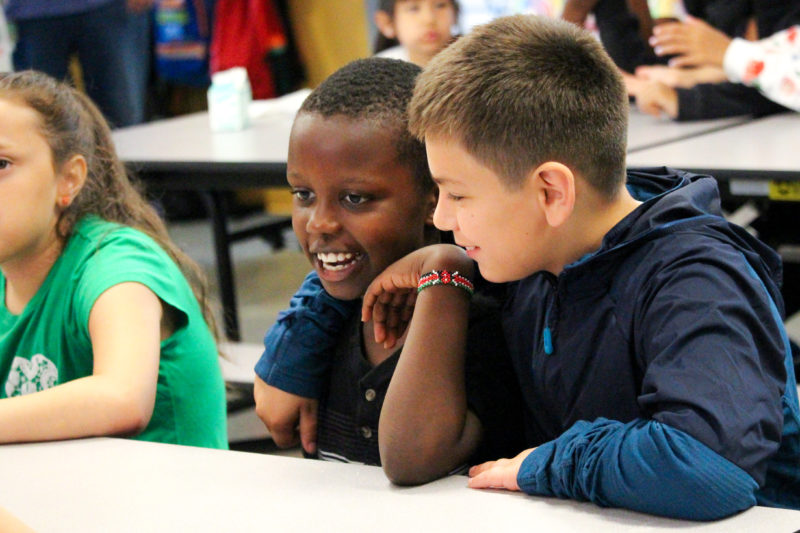
The results revealed that the model of Summer Boost not only reverses summer learning loss in academics but boosts social-emotional learning as well.
The proportion of students involved with the program who were at high risk for emotional problems decreased by 21 percent while problems in peer relationships decreased by 16 percent. As a result, over 93 percent of the participating students did not experience the typical summer learning loss and 41 percent of those students made one year or more of literacy growth.
“When they’re able to manage their emotions and handle all of the things that the social world tosses their direction, they’re able to have more focused time in the classroom and be more successful in the learning environment,” says Holden.
Social and emotional skills played a role during Abigail’s research. It inspired deeper thinking by connecting literacy and research to social values. She discovered that newerJeepney models would not include the iconic abstract artwork traditionally painted on these vehicles.
“The problem is that the artwork is part of our history,” she says. “When you take out the old design of the Jeepneys, it’s like taking a piece of your heritage. A lot of people are mad about this, so I want to talk about it because not too many people know this stuff.”
Kerry Sutton, Intervention Program Associate at TPS, credits the success of this program model to the power of partnership. In this case, a partnership that pairs certified educators with staff trained in positive behavior reinforcement.
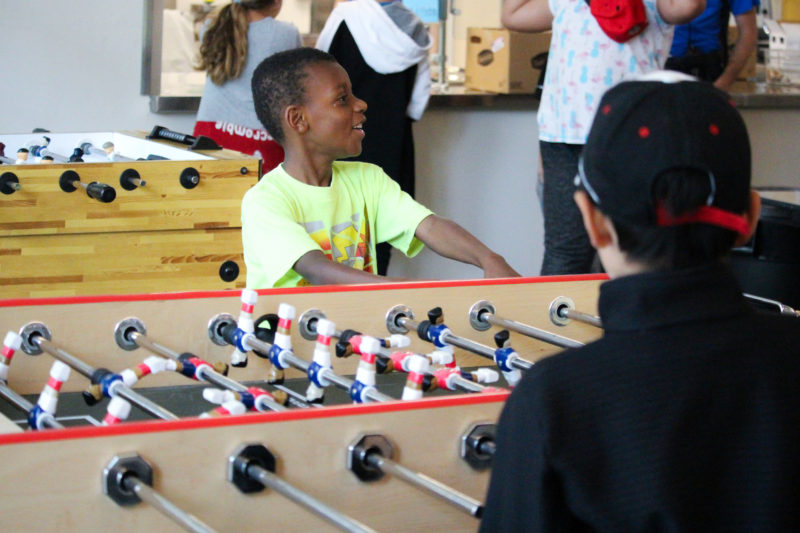
“Having that partnership with the BGC allows that added piece of social-emotional engagement,” says Sutton. “Teachers have reported that when students return to school in the fall, they are more engaged and ready to learn. That’s the social and emotional learning aspect, and that’s a big component that separates this program from the traditional summer school.”
The completion rate of Summer Boost surpasses other summer learning programs because of the fact that it is a full-day program. Parents are able to drop off and pick up their child without disruptions to their work schedule while the district is alleviated of additional facility and transportation costs for the summer.
At the end of the program, it’s students like Abigail who reap the rewards of collective community action.
“I like when I get to present my stuff to people because I spend a lot of time on it,” she explains. “It makes me feel good when I get to show other people what I’ve been learning.”
The incoming fourth-grader says she’s enjoying her summer learning and activities at the BGC.
While the program requires levels of commitment from all partners, it’s evidence of what can be done when you bring expertise in different pockets together for the best interest of Tacoma students.
“Everyone’s got a hand in it,” says Holden. “It’s a symbiotic relationship between the community, the schools, and the clubs. Parents and families are part of that as well.”
“This is the Graduate Tacoma movement in action.”
